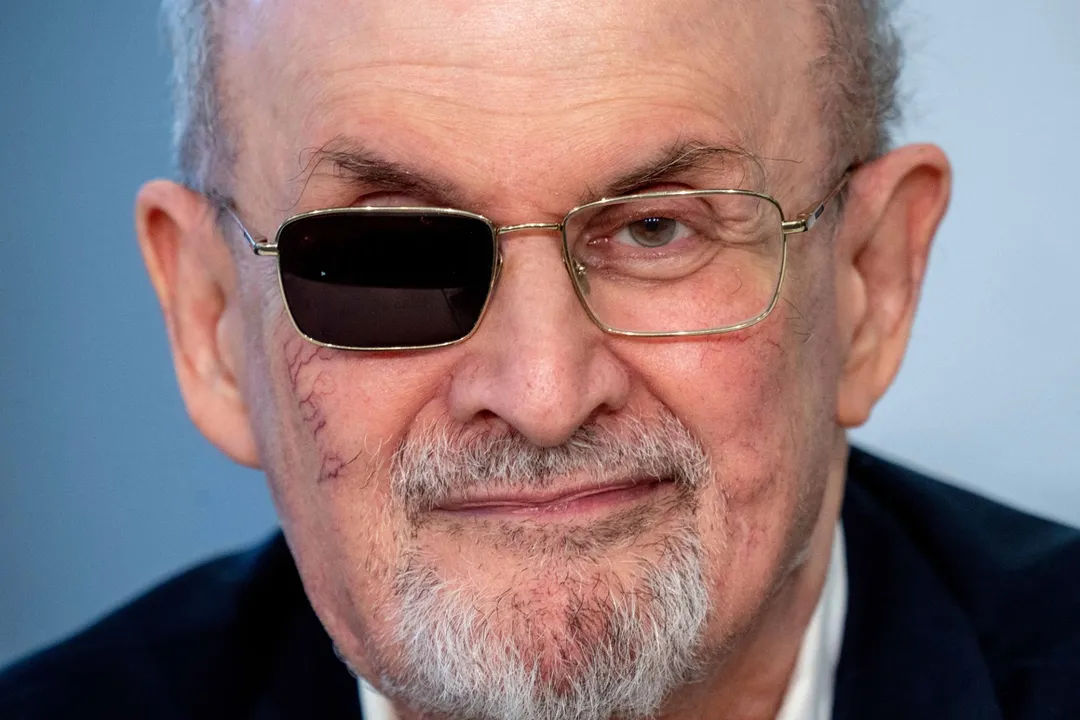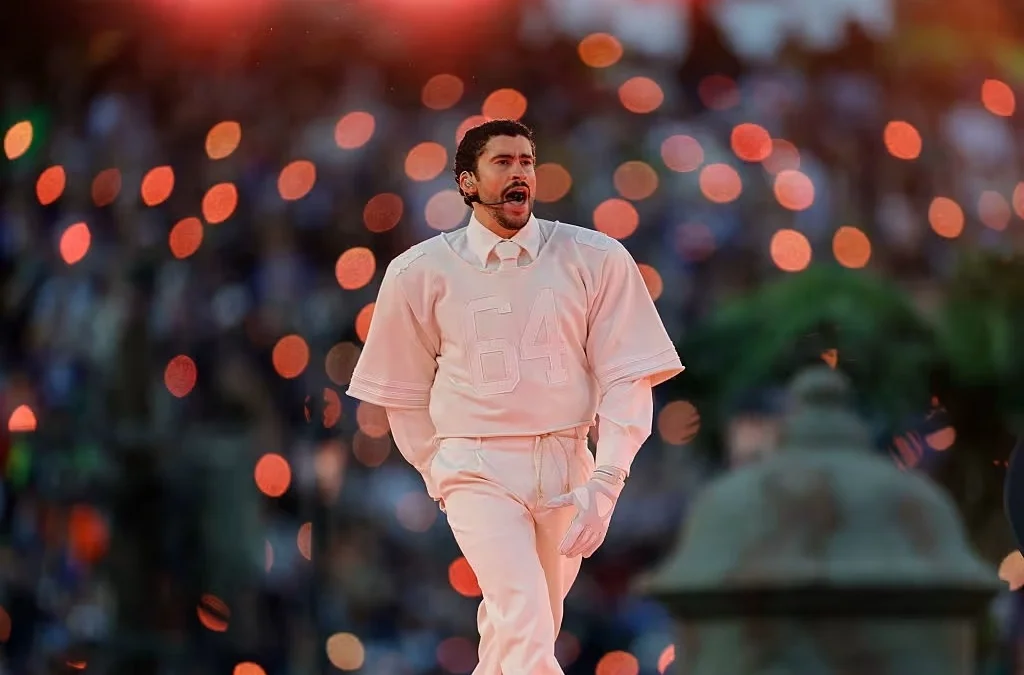Hadi Matar, the attacker who brutally assaulted renowned writer Salman Rushdie at a public speech in 2022, was sentenced to 25 years in jail—the maximum permissible term—for attempted murder. The sentencing was held in Chautauqua County Court, capping a high-profile case that renewed international debate on free speech, religious extremism, and writer protection.
The Attack and Its Aftermath
Rushdie was about to give a lecture at the Chautauqua Institution in western New York on August 12, 2022, when Matar stormed the podium and stabbed Rushdie several times in the abdomen, face, and neck. The attack blinded Rushdie in his right eye and left him with little use of one hand among other severe injuries. Henry Reese, the moderator of the event and co-founder of Pittsburgh’s City of Asylum, was also hurt during the attack.
Rushdie was rushed to surgery and spent weeks in intensive care and physical rehabilitation. He later wrote about his recovery in the 2024 memoir Knife: Meditations After an Attempted Murder, presenting a first-hand account of the trauma and strength that resulted from the near-fatal attack.
The Trial and Sentencing
In February 2025, Matar was convicted by a jury of second-degree attempted murder and second-degree assault. On May 16 during the hearing on sentencing, Judge David Foley sentenced him to the maximum term of 25 years for the attempted murder and another seven years for the assault on Reese, concurrent with each other .
Prosecutors highlighted the fact that the attack was premeditated since Matar had come from New Jersey to New York with the intention of hurting Rushdie. District Attorney Jason Schmidt explained, “This was not just an attack on a man, but an assault on the principles of free expression and open discourse.”
Matar, 27, had no regrets throughout the trial. In his court statement, he branded Rushdie as a “hypocrite” and justified his actions as a reaction to what he saw as blasphemy, citing a 2006 speech by Hezbollah leader Hassan Nasrallah defending the fatwa against Rushdie for his 1988 novel The Satanic Verses.
Broader Implications
The Rushdie attack, a longtime icon of the fight for free speech, has had long-term consequences. The 1989 fatwa by Iran’s Ayatollah Khomeini had already driven Rushdie into years of exile, and although the Iranian government has since repudiated the edict, the episode highlighted the continued dangers faced by those who defy religious orthodoxy.
Following the attack, there has been a renewed emphasis on authors’ safety and the need to safeguard freedom of expression. Human rights organizations and literary groups have urged stepped-up security at public events and enhanced protection for threatened writers.
Ongoing Legal Proceedings
In addition to state-level convictions, Matar is also charged federally on terrorism-related counts, such as trying to provide material support for Hezbollah and conspiring to commit terrorism transnationally. Those charges are still pending, and a trial on those counts is set to begin later in the year.
Rushdie’s Resilience
Despite the life-changing injuries, Rushdie has been unapologetic. In interviews and public outings, he has written about the need for storytelling and for resisting extremism with defiance and imagination. His memoir Knife has been lauded for its honest exploration of trauma recovery, both as a personal account and as an extended commentary on the contemporary fight for free expression.
As the world of literature looks back on the last three years, Rushdie’s experience is a grim reminder of the dangers to which those who seek to speak their minds are exposed—and of the indelible force of the printed word to challenge, to inspire, and to provoke.





